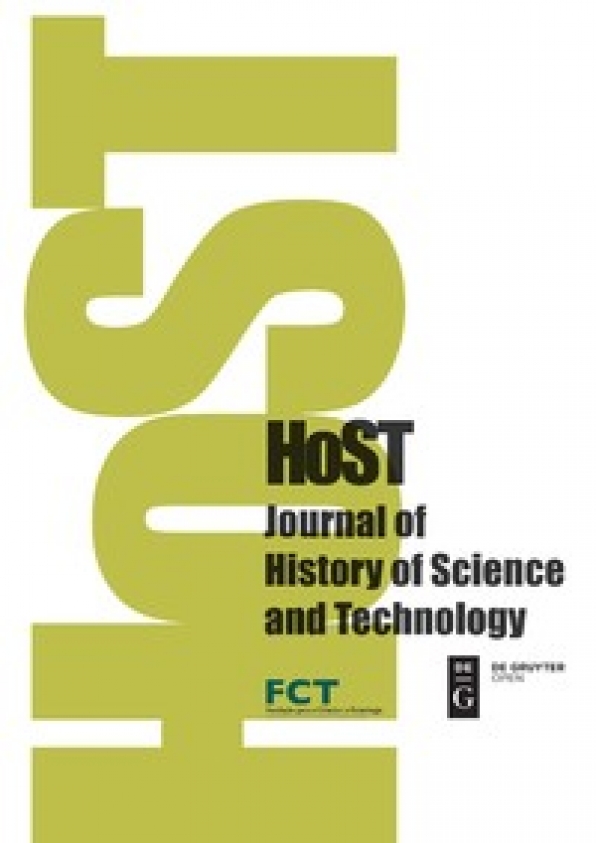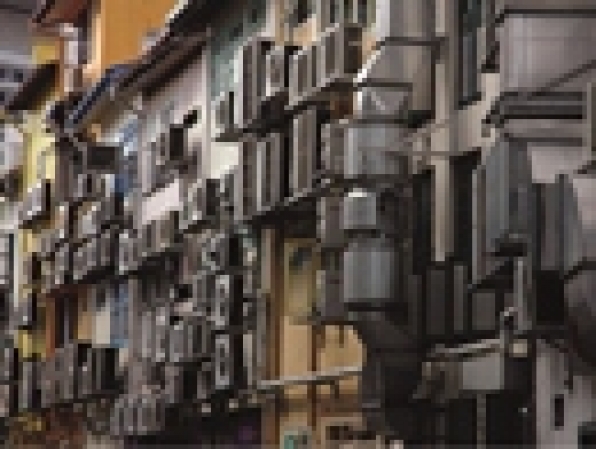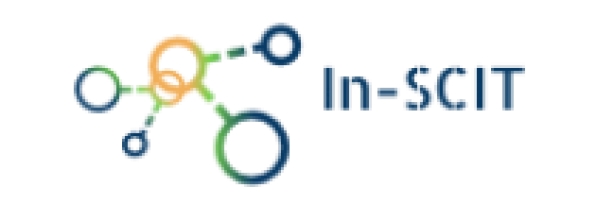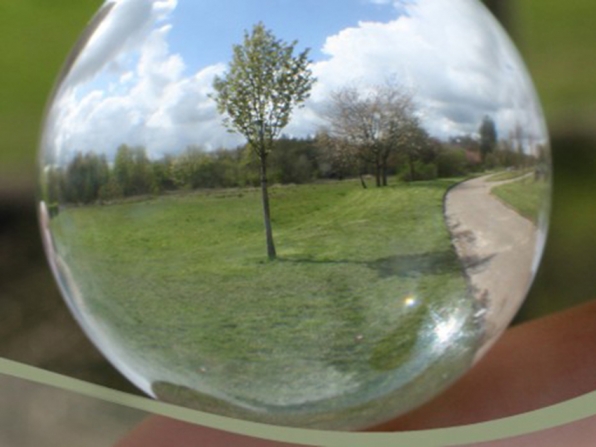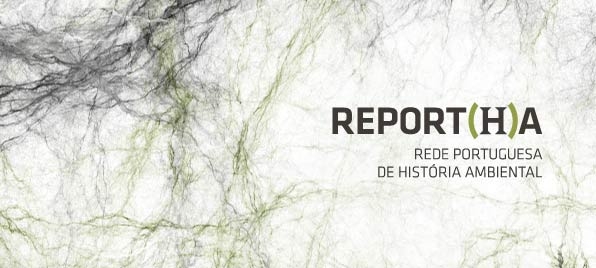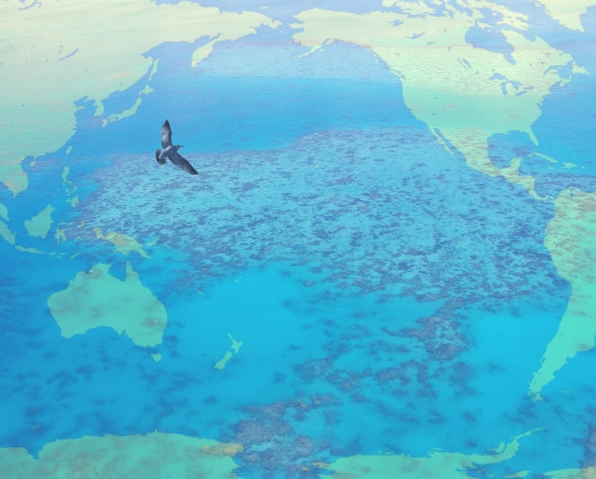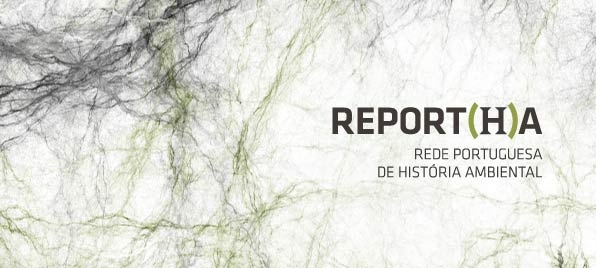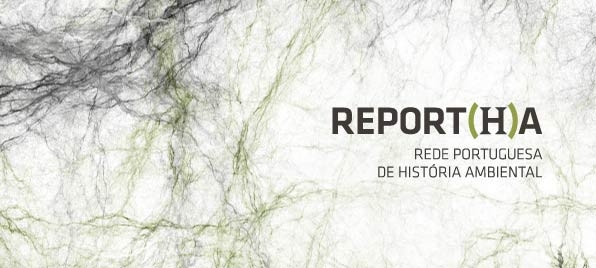The Centre for Research in Political Science (CICP) and the Interdisciplinary Center for History, Culture and Societies (CIDEHUS) of the University of Évora are pleased to be hosting the III Meeting of the Portuguese Network of Environmental History, to be held in Évora, between 28 and 30 March 2019.
The meeting adopts, in an aggregating perspective, the title "Dynamics and Resilience in Socio-Environmental Systems". It welcomes panels, roundtables sessions, papers and posters that focus on the interception between the environment and human and non-human societies, inscribed in the history of climate and biodiversity. It focuses on the way human societies have resisted and adapted to environmental changes in the long term (desertification, afforestation/deforestation/reforestation), disasters (fires, famines and epidemics), environmental degradation (pollution), environmental changes caused by social dynamics (animal and plant migration, changes in land, water and sea uses, energy transitions, management of urban and industrial waste, new cultural landscapes) and how they have developed ways of managing resources and risks. In this perspective, contributions to the construction of knowledge and human representations about the natural world, conflicts of appropriation and environmental justice movements are also welcome.
PANELS AND ROUNDTABLE SESSIONS
Proposals for panels or roundtable sessions should be submitted with title and abstract (up to 500 words) in Portuguese and English. Each panel proposal must contain between 3 and 4 papers or 4 participants at a roundtable. Paper proposals should have title and abstract in both languages. All proposals should be submitted by the session organizer and should include author(s) name(s), affiliation(s), short CV(s), as well as their e-mail address(es), by 15th October 2018.
PAPERS
Paper proposals should be submitted with title and abstract (up to 500 words) in Portuguese and English. Submissions must be made by 15th November 2018, together with author(s) name(s), affiliation(s), short CV(s), as well as their e-mail address(es).
In order to make the meeting more productive and discussion richer, the organization recommends the delivery of provisional version of papers, by 15th February 2018. This version will be distributed through our platform to all participants.
The organization also welcomes other themes and proposals in the context of environmental history.
POSTERS
The organization accepts proposals for posters on ongoing research projects. Submissions should be submitted with title, together with author(s) name(s), affiliation(s), short CV(s), as well as their e-mail address(es) by 15th November 2018. During the meeting there will be a space for posters presentation.
ORGANIZING COMMITEE
Paulo E. Guimarães – CICP, Centro de Investigação em Ciência Política, Universidade de Évora (PT)
Sónia Bombico – CIDEHUS, Centro Interdisciplinar de História, Culturas e Sociedades, Universidade de Évora (PT)
Armando Quintas - CIDEHUS, Centro Interdisciplinar de História, Culturas e Sociedades, Universidade de Évora (PT)
SCIENTIFIC COMMITTEE
Ana Cardoso Matos – CIDEHUS (Centro Interdisciplinar de História, Culturas e Sociedades) - Universidade de Évora (PT)
Ana Cristina Roque – CH (Centro de História) - Universidade de Lisboa (PT)
Antonio Ortegas - Universidade de Granada (ES) Arnaldo Sousa Melo - LAB2PT, Departamento de História, ICS - Instituto de Ciências Sociais) - Universidade do Minho (PT)
Cristina Brito — CHAM (Centro de Humanidades) - Faculdade de Ciências Sociais e Humanas da Universidade Nova de Lisboa (PT)
Cristina Joanaz de Melo, IHC (Instituto de História Contemporânea) - Universidade de Lisboa (PT)
Fernando Reboredo - Faculdade de Ciências e Tecnologia - Universidade Nova de Lisboa (PT)
Hélder Adegar Fonseca – CICP (Centro de Investigação em Ciência Política) – Universidade de Évora (PT)
Inês Amorim – CITCEM (Centro de Investigação Transdisciplinar “Cultura, Espaço e Memória”) - Faculdade de Letras da Universidade do Porto (PT) José Manuel Lopes Cordeiro – CICS.NOVA.UMinho, Instituto de Ciências Sociais da Universidade do Minho (PT)
José Manuel Mascarenhas – CIDEHUS (Centro Interdisciplinar de História, Culturas e Sociedades) - Universidade de Évora (PT)
Juan Diego Pérez Cebada - Universidade do Huelva (ES)
Maria de Fátima Nunes - IHC (Instituto de História Contemporânea) - Universidade de Évora (PT)
Stefania Barca – CES (Centro de Estudos Sociais) - Universidade de Coimbra (PT)
Yussuf Adam - Universidade Eduardo Mondlane, Maputo (MZ)
IMPORTANT DEADLINES
15th October 2018: submission of proposals for sessions/panels and roundtables
15th November 2018: submission of papers and posters
15th December 2018: acceptance notification
15th December 2018 – 15th January 2019: registration
15th January: provisional programme
15th February 2019: delivery of the provisional version of papers
OFFICIAL LANGUAGES
Portuguese, English and Spanish.
CONTACTS
Proposals should be sent to This email address is being protected from spambots. You need JavaScript enabled to view it.

